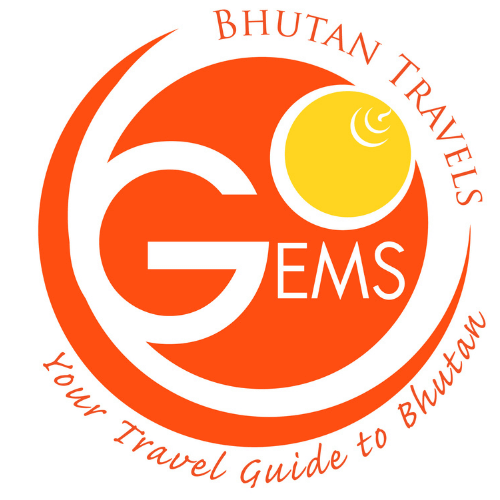
Bhutan
Bhutan
The Kingdom of Bhutan is a small, beautiful country nestled in the eastern Himalayas, surrounded by the Tibetan Autonomous Region of China to the north and India to the south. Its isolation from the world has allowed its people to preserve their rich culture, tradition, and environment in a pristine state. Bhutan is known for its untouched landscapes, monasteries, prayer flags, and Mahayana Buddhism which permeates every aspect of the Bhutanese people's lives.
Bhutan is home to three main ethnic groups: Sharchops, Ngalops, and Lhotshampas, with a population of around 700,000. The government's commitment to preserving the environment, culture, and traditions is evident in its policies, including maintaining at least 60% of its land under forest cover and following a policy of high-value, low-impact tourism.
The Bhutanese government provides free healthcare and education for its citizens and implements measures to improve water supply and sanitation. The education system has also seen significant improvements, making basic education more accessible to all citizens. Bhutan's government is a democratic monarchy, with King Jigme Khesar Namgyal Wangchuck as its head of state.
Geographically, Bhutan is mostly mountainous and has a diverse landscape with subtropical to temperate to polar-type climates across different terrains. The economy of Bhutan is predominantly driven by agriculture, livestock farming, hydroelectricity, and emerging industries like mining and tourism.
The cultural heritage of Bhutan is an integral part of its national identity, with strong influences of Buddhism, Guru Padmasambhava, and the deeply embedded customs and traditions of its people.

